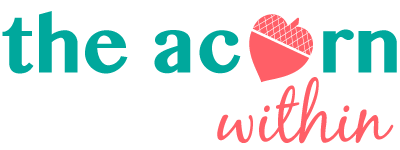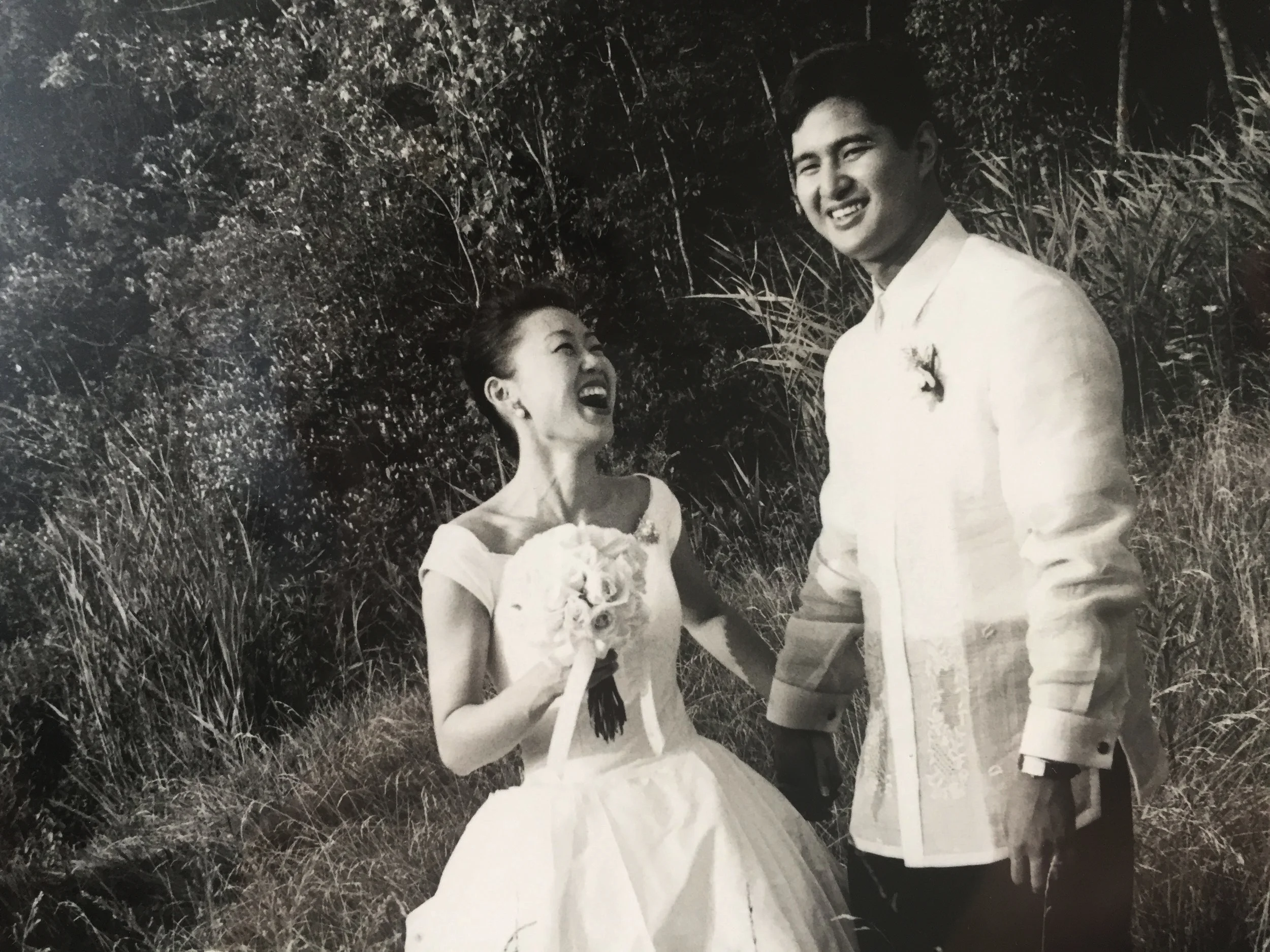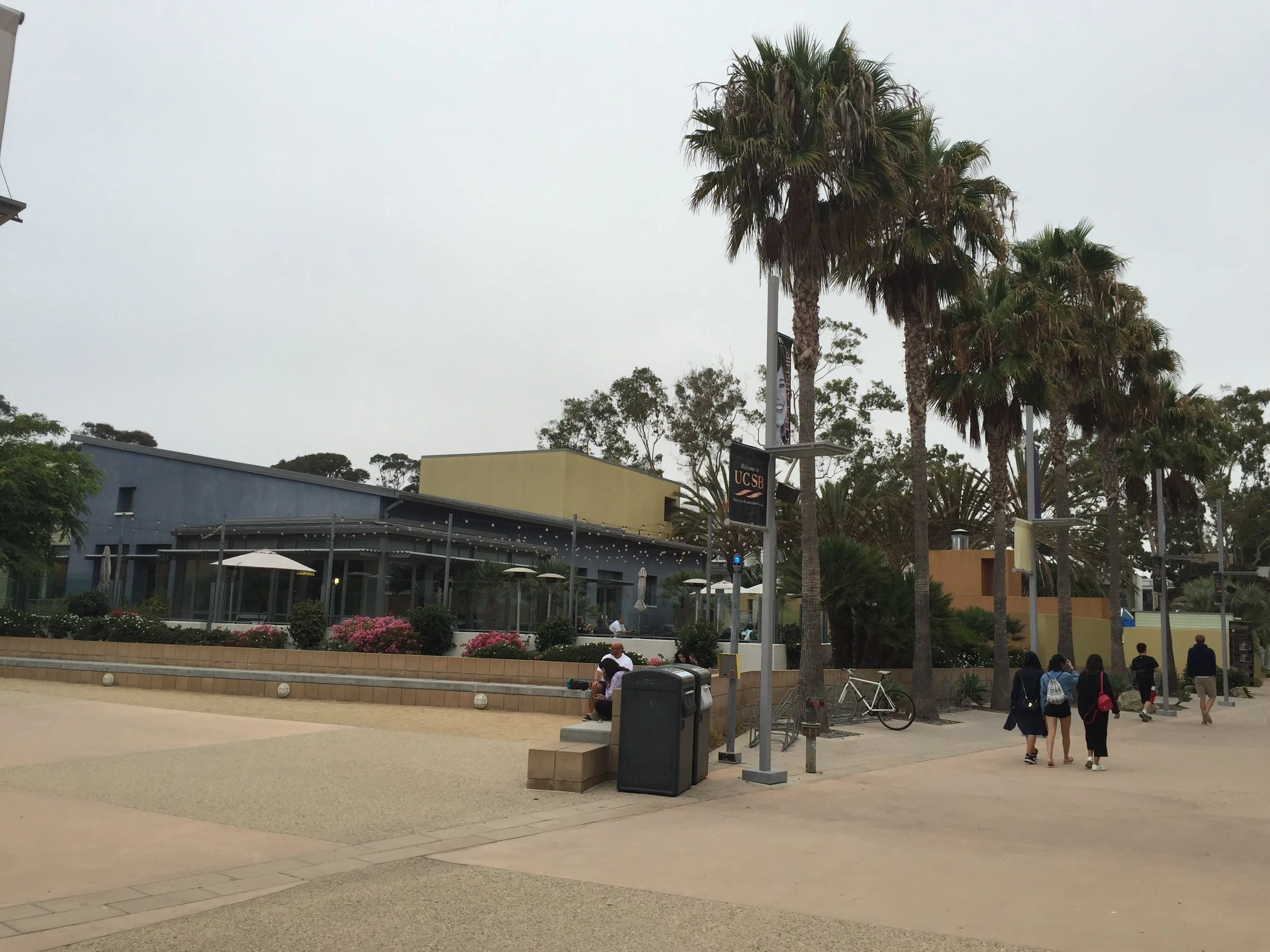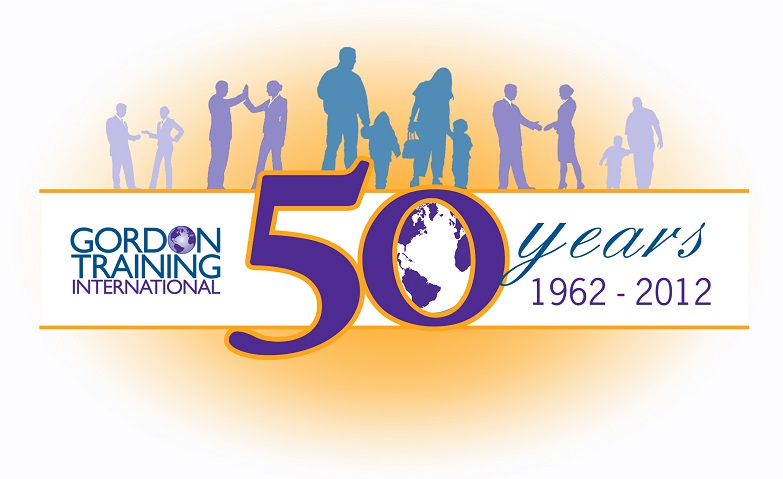

Become the parent you want to be
it's never too late or too early


Become the Parent You Want To Be
Parenting is HARD
It's a lot to expect that parents will naturally know how to deal with tantrums, siblings fighting or a teen who just won't talk.
After nine hard years of struggle, I finally found a roadmap in the brilliant “Behavior Window” and I still MARVEL at the transformation in our family. Now a certified instructor, I share how you too might use these communication tools to deepen awareness and develop greater mutuality and closeness with your kids.
Instead of doing or saying things you regret, take Parent Effectiveness Training and learn to love life at home. Read more...
P.E.T. Vitamins Blog!
Whether you’ve taken the Parent Effectiveness Training course or have not even read the book, you can benefit from seeing these skills applied to the here and now of real life parenting!
Read what P.E.T. Instructors from around the world and others have to say!
Fortify your parenting!

Since 2013, over 70 teens have committed suicide in Hong Kong. In conjunction with Gordon Parenting, I am offering free Active Listening workshops to any school, church, youth group, community organization, NGO, alumni association - you name it! (Minimum 10 people.) Let's come together to work on our skills to help the next generation.
Next courses:
PET — future courses TBD. My colleagues are offering many - check them out here!

Sign up now and you will:
learn a framework and skills that you can fall back on in high stress moments
become closer to your children (they will want to be around you and you will want to be around them!)
raise kids who are honest and act out of consideration for others
model skills for your children that will improve every relationship they ever have
I am thankful for these two endorsements!
“We love sharing Catherine’s Blog ‘P.E.T. Vitamins’ on our website as well as on our social networks—her personal stories about how she utilizes the P.E.T. skills in her life are inspiring and very helpful to our readers. Her writing is rich, captivating and full of passion. ”
“Catherine Banson’s ‘P.E.T. Vitamins’ blog does what it says. Parents reading it are invigorated, inspired, skilled-up, and above all given hope that happy, harmonious and effective parenting is possible. Catherine bravely shares her current real life parenting stories, her challenges, reflections and turn arounds in witty, insightful and easy to read style.
Catherine’s goal is not to patronise nor make parents feel guilty, instead she practically shows how she has introduced to her family Parent Effectiveness Training, a time tested skill-based methodology of effective communication tools that produces loving, close relationships. With 35 years of experience in this method and as an Instructor trainer to Catherine I can vouch for her expertise, passion and sincere desire to support other parents in their parenting journey. Bravo Catherine for ‘P.E.T. Vitamins’. Effectiveness Training Institute of Australia (ETIA Ltd) wholeheartedly endorses your work.”
P.E.T. Vitamins Blog
Read for yourself how the skills help with real-life hectic & hard moments!
Over the years, a number of parents have been concerned about their child’s hesitance to assert themselves. I wrote the tale below in 2014 with that (and a very special girl) in mind. I like to imagine living in a kingdom where our leader models assertive Confrontive I-Messages! Here’s how one such person came to be so wise.
Without a secure bond with a trusted, stable adult, kids are more prone to social media addiction. The nature of Internet communication leads to a digital intimacy that falls short of authentic, vulnerable relationships so they keep grasping for more approval and acceptance.
It's so easy to feel aggressive when we impute bad intentions to our kids -- e.g. He's deliberately NOT writing the invites to get a rise out of me. If we pause to contemplate the spins we put on kids' behaviors, we just might choose not to believe them.
He grinned down. I grinned up. Then, shaking my head in wonder, I went to my journal to record this remarkable conversation.
"Remarkable" because the old Catherine would not have known what to do. I probably would have peppered him with questions, "What's wrong? Well, have you tried approaching him again? Did you ask him why you you got that score? Have you gone over the rubric - maybe you missed something?"
Oh gee. I was in one of those "edge states," defined by Zen abbot and medical anthropologist Joan Halifax as "states where the individual’s identity is challenged."
I learned to be gentle with myself; I had to because I was sick to my stomach for a week. I required time as I licked my wounds and figured out how to make things right the next session, and all subsequent ones (three more to go). I reflected on why I had such a hard time forgiving myself and what my anxiety was, at core, about.
In the first entry, we laid out a plan for dousing a physical flare-up between siblings.
Over time, that kind of calm leadership models behavior kids take on themselves. We send a message that conflict -- that unavoidable marker of human interaction -- is a chance to get in touch with feelings and needs; to express them assertively; to open up to another's perspective; to make repairs and, finally, to grow closer.
Now, what else can we do to keep the landscape so well irrigated that these fires are less likely to occur?
A parent recently wrote: I'm having trouble with hitting. Do you have a P.E.T.-approved way to stop physical violence between brothers?
This is tough!
In this post, we'll do a skills walkthrough on how to help -- let's call them -- Sean and Jack; in the next, we'll work on prevention.
These teens work hard.
Some are lucky -- they take the course with friends who will whisper, "Hey, send an I-Message!" or check, "Do you want me to Active Listen or do you want my advice?"
Others -- buoyed only by an 18 hour respite where they got to glimpse another reality -- reenter a world defined by winners and losers, full of blame and shame and "I get the last word."
I've written before about how Claudia's whining gets to me. Clearly, I still have some work to do unearthing the button that Claudia may have pressed but did not install!
That button says it’s dangerous when someone is upset and perilous to assert my needs.
That button tries to convince me that it makes more sense to wait for others to figure out what’s bothering me and change their behavior accordingly.
That button's been around a long time.
There were the inevitable struggles and recurring fights that most long term partners have. My inner dialogue usually went something like this: He’s taking advantage of me. He doesn’t appreciate me. Give an inch, he’ll take a mile. The icy chill could last hours, even days.
When I walked into my first parenting course five years ago, I was in a crisis with my 11 year old son. Lo and behold, though, my newfound assertiveness, empathy, and conflict resolution skills helped with my husband who, in turn, responded with his own best efforts.
The wonder of acceptance proved itself time and time again.
While my ire was directed at Trump (and, momentarily, his wife), I drew a line at my fellow Americans. I couldn’t in good conscience put down or label almost half of my country, or presume to know what was going on in their minds and hearts.
I still believed Thomas Gordon's assertion that all behavior seeks to meet needs. Their vote was doing something FOR themselves, and not TO me, and I wanted to understand what that something was.
When the sailing is smooth, there are skills we can actively reach for to keep us in those calm waters longer! Here are the five that I cover in class.
Felicia, a recent graduate of the P.E.T. course, spoke to a new cohort of parents:
You deserve self-compassion. Ask yourself, 'What do you need? Anything?' This is hard work. We were also children and we are trying to make chocolate without knowing what chocolate is!
The look of This woman totally gets me was on every single grinning face in that sunny room.
A few weeks ago, I spent two days at your university, listening to deans, advisors and mental health professionals tell us parents how to support you and your classmates in the upcoming year. I was pretty relaxed; nothing they said was too jarring.
It all made me wonder: What would this moment be like had I not learned P.E.T.?
"One way under the anger and blame you are both feeling is to ask yourself: If I had to let go of the story of how the other person is wrong, what would I have to feel?"
I feel like Severe Parenting Fatigue should be a thing.
As soon as a mom in my course said it, I jotted down SPF!!!! It's so ubiquitous and, personally, all too familiar. Parental burn-out is especially apparent at the end of the long school year but -- believe you me -- it really knows no seasons.
Yet relationships with our children are potentially the most rewarding of this one life we have. So why would we settle for anything approaching SPF?
That softening and willingness to take in someone else's perspective had the startling effect of her daughter picking up a towel and starting to dry the dishes. "We got over it within a matter of minutes whereas before it would have meant a ruined Sunday afternoon," Therese gushed.
Oh, the gratitude we all saw in her wide, winning smile and bright eyes!
Starting to forgive ourselves is courageous and arduous work, and utterly necessary. We do whatever it takes to come to a place where we can accept that our child is very much hurting; then we can become a helper and try to turn things around.
When I teach, all sorts of scenarios come up including, of course, bullying.
It is recognized that this phenomenon is best dealt with preventively and systemically rather than as an interpersonal matter. And yet, what does a P.E.T. parent do if our child becomes a target or is bullying others?
There's no doubt that my children are watching.
They have tried some of my strategies -- Jake, who's 15, likes the Headspace app on my phone -- but, more importantly, they see me vulnerable and open. I don't share too much of my childhood, just what I think is appropriate for them to know. But they appreciate my admission that when I fly off the handle or fall into a defensive, mistrustful stance that my behavior has nothing to do with their inherent goodness and everything to do with my own journey of healing.
And that kind of thing happens less and less. Oh, thank goodness! Working on communication skills, tending to my inner child and increasing my mindfulness helps me to choose actions and words that fit the situation and child in front of me now, today, in the present moment.
Showing partiality in a face-off between two children who despise each other at that moment is never a good thing. But I did it. And in such a subtle, indirect way that both stung and stunned.
Sigh. P.E.T. instructor notwithstanding, I am a complicated human being first.
In this latest addition to my Consciously Unskilled Series, I will walk you through my mess-up, what I did to undo what I'd done, and how I've grown. We are truly in this together.
As my husband talked about the strained relationship he had with Jake, I started itching to share something. Asking with my eyes and receiving his permission, I told everyone how we had received a letter from Jake last month in which he called his father his “best friend.”
From the state of affairs just a few years ago to "best friend!!!!!"
I got an inkling something was wrong when you leaned over with a stern look. That's when I noticed the two girls were sucking their hands, on that fleshy part right under the thumbs.
Your older daughter just looked at you and kept at it. Then the girls smiled at each other, discreetly comparing marks.
The whole routine happened four more times.
I think most of us can accept discomfort and struggle in many arenas -- a hard work out, a longer than expected hike, even a tough manager who asks a lot of us -- but there's an added level of resistance when it comes to raising kids.
I suspect that, though we may pay lip service to the idea that Parenting is HARD, deep down, most of us still believe that it shouldn’t be.
Or, worse, that it wouldn’t be if our children were just different.
I went back in time recently to relive parenting a toddler. While my brother and sis-in-law were in Japan, I got to take care of my niece Emma.
Since Emma lives in the US, I see her only once a year. This was her first visit to my home in Hong Kong. The P.E.T. skills helped me to establish trust and mutuality and deal with those big toddler emotions.
Watching Tracey Larcombe's Nobel Prize, I cringed, not only as a certified instructor of Parent Effectiveness Training but also as a mother who recognized her former self in the ordering around and the go-go-go. I may never have been quite so harsh, but I have said my fair share of things I regret.
So rather than just lambaste the characters, I thought it might be more helpful to turn a P.E.T. eye onto the situation and imagine another set of interactions.
After all, most of us are familiar with what we DON'T want to be doing when it comes to our kids. The trouble is knowing what better options would look like.
Last year, a friend described senior year (Year 13 in HK) as "excruciating," joking that she'd be relieved when her son, after dragging his feet for months on his college applications, finally took off. I just nodded nervously: would that be me?
Not so! I am deeply grateful I am enjoying Harrison's last year.
And then there's the Q & A session Jake held recently for my class participants . . .
Brene Brown, a mother herself, found that parenting is "a primary predictor of how prone our children will be to shame or guilt.” (page 224) She exhorts us to -- and I love her term for it -- parent with shame resilience as a goal.
So how to do this when confronting our offspring?
With a huge semantic tool: the Confrontive I-Message!
































Homework can bring us to our knees — “Just, will you JUST, finish it ALREADY!?” It’s hard to like ourselves as we scream, judge, blame and compare when we’ve flipped our lid. And, once we’re calm, it’s difficult to let go of the guilt. It’s crazy making stuff that we want to be SO DONE with.